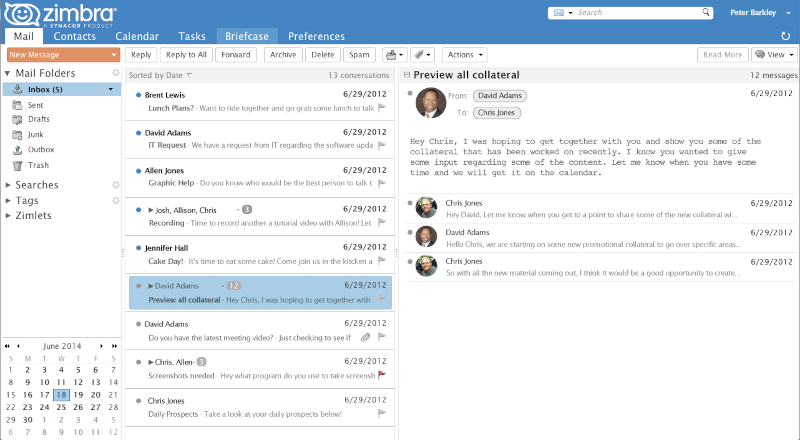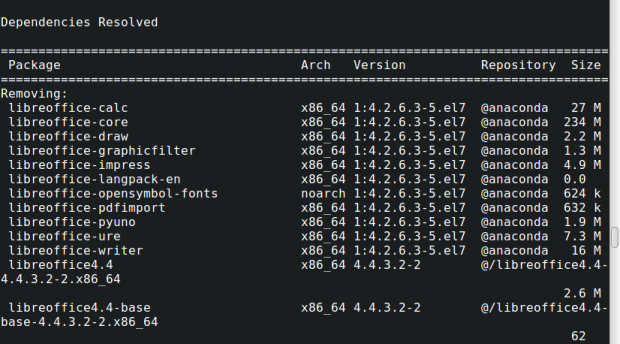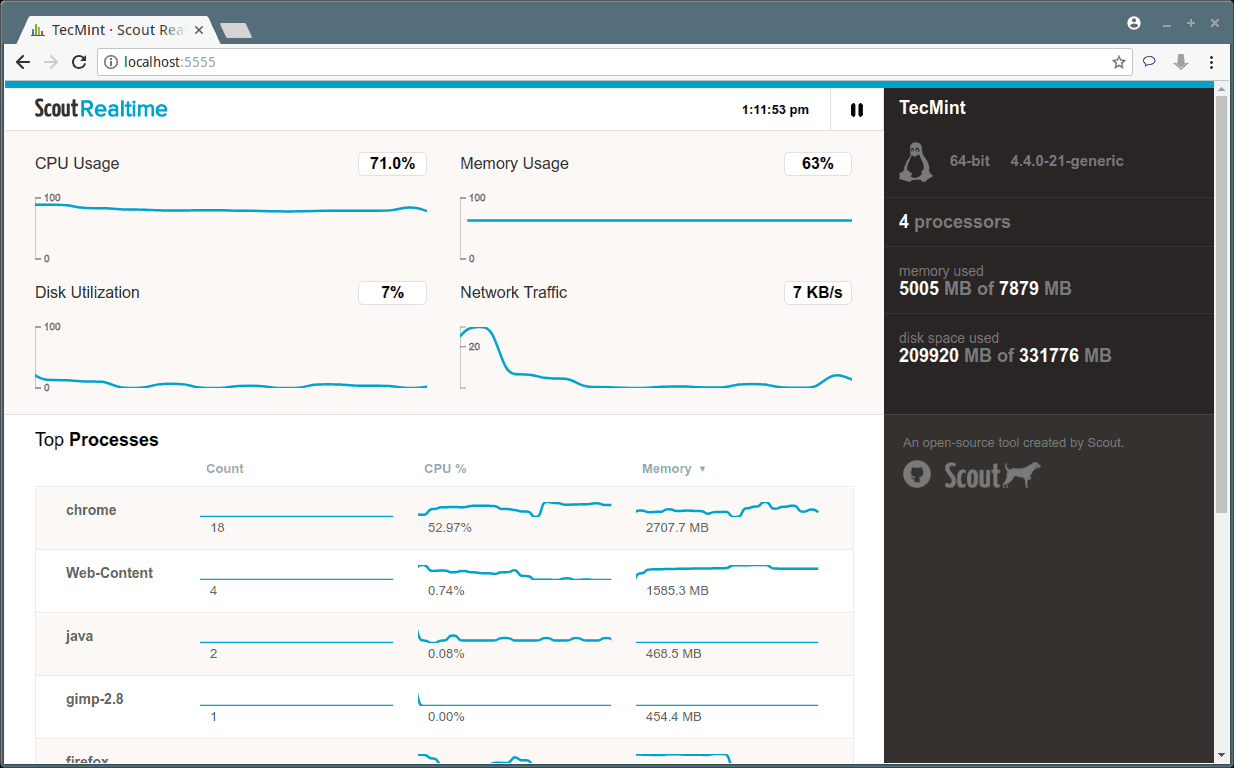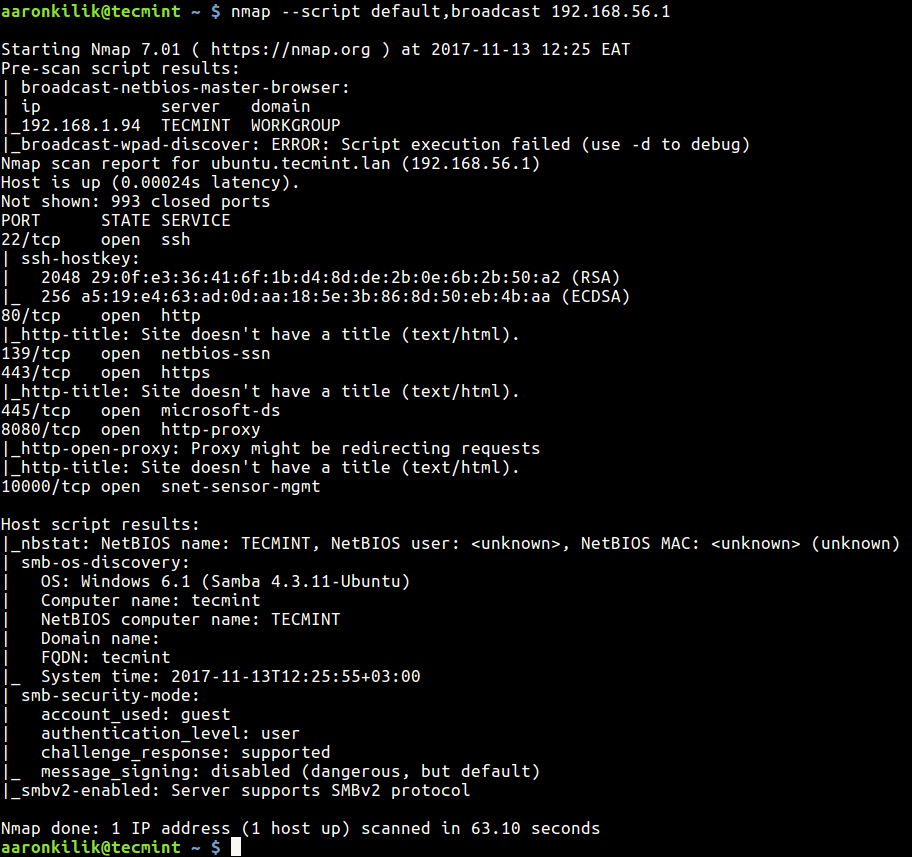It’s a well-known fact that Microsoft 365 is the default productivity solution for many companies and its range of features is truly impressive. It includes such functionalities as document editing, real-time collaboration, file sharing, project management, email, calendaring, and video conferencing. In other words, Microsoft 365 provides both personal and corporate users with all the
designlinux, Author at DesignLinux - Page 22 of 83
LFCA: Learn Cloud Costs and Budgeting – Part 16
Over the years, there has been an exponential adoption of Cloud services as organizations seek to tap into the numerous benefits offered by the Cloud to streamline their businesses. Most businesses have either integrated their on-premise infrastructure with the Cloud or shifted their core services to the cloud altogether. Although the Cloud provides a pay-as-you-go
How to Install Latest LibreOffice in Linux Desktop
LibreOffice is an open-source and much powerful personal productivity office suite for Linux, Windows & Mac, that provides feature-rich functions for word documents, data processing, spreadsheets, presentation, drawing, Calc, Math, and much more. LibreOffice has a large number of satisfied users across the globe with almost 200 million downloads as of now. It supports more
How to Monitor Linux Server and Process Metrics from Browser
In the past, we’ve covered lots of command-line-based tools for monitoring Linux performance, such as top, htop, atop, glances, and more, and a number of web-based tools such as cockpit, pydash, linux-dash, just to mention but a few. You can also run glances in web server mode to monitor remote servers. But all that aside,
How to Install and Setup Apache Spark on Ubuntu/Debian
Apache Spark is an open-source distributed computational framework that is created to provide faster computational results. It is an in-memory computational engine, meaning the data will be processed in memory. Spark supports various APIs for streaming, graph processing, SQL, MLLib. It also supports Java, Python, Scala, and R as the preferred languages. Spark is mostly
How to Install Apache Nifi in Ubuntu Linux
Apache NIFI is an open-source scalable tool to manage transformation, data routing, and system mediation logic. To put it in layman’s terms nifi simply automates the flow of data between two or more systems. It is cross-platform and written in Java that supports 180+ plugins that allow you to interact with different kinds of systems.
LFCA: Learn Serverless Computing, Benefits and Pitfalls – Part 15
Serverless technology has generated a lot of hype in the tech community evoking a lot of curiosity and receiving some backlash to a little extent. It’s a technology that began with the launch of AWS Lamba in 2014, which was soon followed by Azure Functions later in 2016. Google later followed suit with the release
8 Command Line Tools for Browsing Websites and Downloading Files in Linux
In the last article, we have covered few useful tools like ‘rTorrent‘, ‘wget‘, ‘cURL‘, ‘w3m‘, and ‘Elinks‘. We got lots of responses to cover few other tools of the same genre, if you’ve missed the first part you can go through it. 5 Command Line Tools for Downloading Files and Browsing Websites This article aims
How to Use Nmap Script Engine (NSE) Scripts in Linux
Nmap is a popular, powerful and cross-platform command-line network security scanner and exploration tool. It can also help you get an overview of systems that connected your network; you can use it to find out all IP addresses of live hosts, scan open ports and services running on those hosts, and so much more. One
LFCA: Learn Cloud Availability, Performance, and Scalability – Part 14
In the previous topic of our LFCA series, we gave an introduction to Cloud computing, the different types and Clouds, and cloud services and walked you through some of the benefits associated with Cloud computing. If your business is still riding on the traditional IT computing environment, it’s time you leveled up and shifted to






